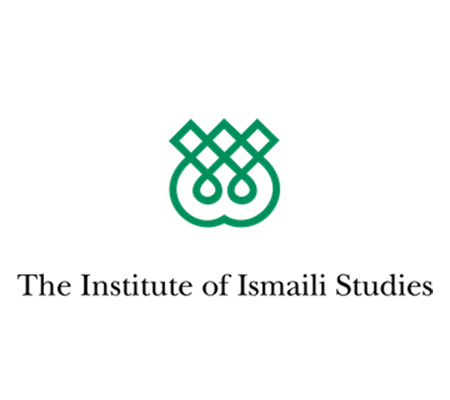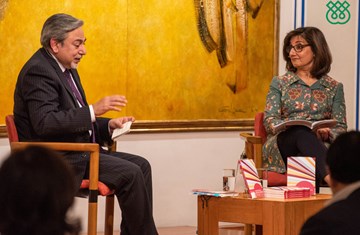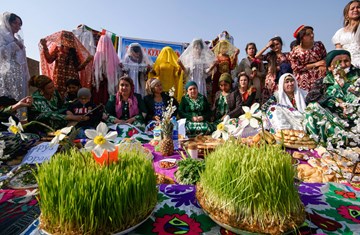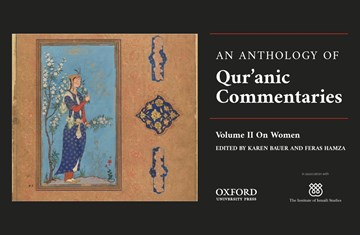New publication challenges the notion of sharia as the ubiquitous symbol of Islam
Understanding Sharia: Islamic Law in a Globalised World, by Raficq S. Abdulla and Mohamed M. Keshavjee, is a new publication which describes how sharia developed in the context of Muslim history, with all the vicissitudes that any law is subject to. Consisting of 13 chapters, the book includes a discourse on topical and pertinent issues such as human rights and corporal punishment, as well as customary practices such as, FGM, crimes of honour and forced marriage. It also covers Islamic finance, Alternative Dispute Resolution (ADR) and issues associated with bio-medical ethics.
The work appears at an opportune time, as sharia, in recent times, has been overused as a metaphor for Muslim identity, and as shorthand for Islamophobia. Although it is debatable how unquestioningly this is accepted, one can easily state that Islamophobia has made sharia the ubiquitous symbol of Islam at the cost of other aspects of the faith. There is currently a groundswell of interest and activity in sharia within the international academic community, and generally around the world. To a certain degree, this is a reflection of the current stream of stories related to Islam – which are available in the media before well-researched works grounded in a neutral study of Islam are published.
Understanding Sharia: Islamic Law in a Globalised World endeavours to fill a long-felt need, both among Muslims and non-Muslims, who wish to gain a better understanding of the workings of sharia and its evolving role in the Muslim world today. This work is descriptive of sharia as a body of law, and also provides a critique of its present status - with a view to encouraging further exploration, research and reflection on how sharia may become better adapted to the dynamics of the modern world and the needs of Muslim societies in the 21st century.
Both authors, Raficq S. Abdulla and Mohamed M. Keshavjee are British Barristers, with extensive experience and practical insights in the field. Aimed with the general educated reader in mind, the publication throws new light on a subject that has given rise too much hysteria and misrepresentation in recent times.
The Institute of Ismaili Studies and the Aga Khan University’s Institute for the Study of Muslim Civilisations are committed to the study of the Muslim world and its multifaceted histories, geographies and cultural traditions. Both institutions have over the last few years encouraged research in this field. A number of publications dealing with civil society, the role of ethics and the development of law are due to appear in 2019.

Understanding Sharia: Islamic Law in a Globalised World, by Raficq S. Abdulla and Mohamed M. Keshavjee,











